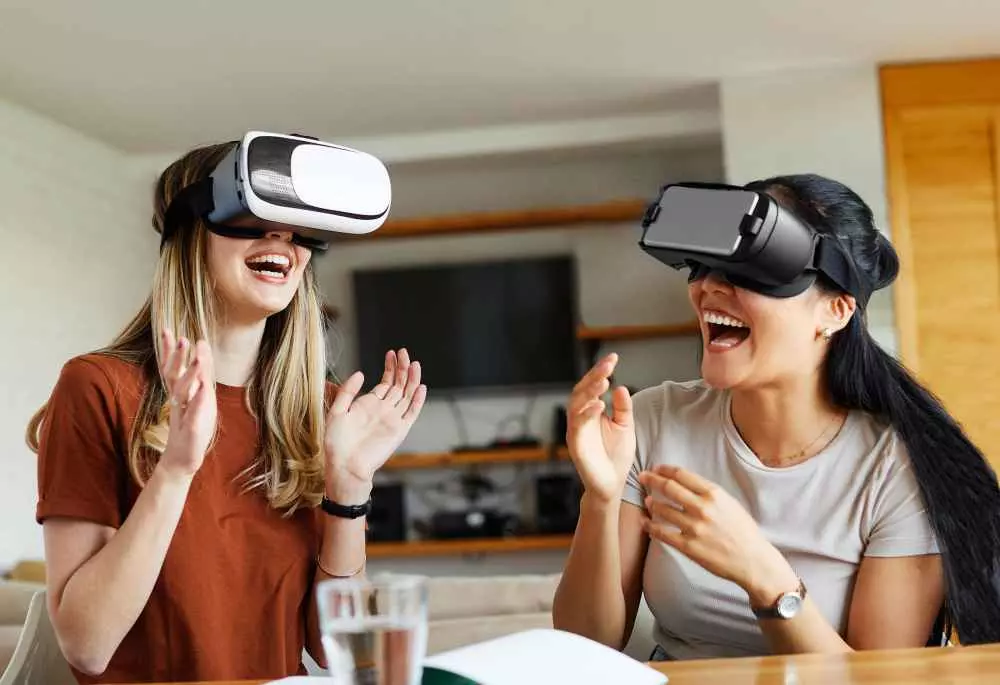Modern Technologies in Virtual Museums.
Introduction to Virtual Museums
In the digital age, technology is central to many aspects of life, and one of the most exciting applications is the creation of virtual museums. Such platforms allow visitors to explore exhibitions and exhibits without leaving home, offering unique educational and cultural experiences. Modern technology has significantly raised the standards in this field, offering more and more opportunities to interact with works of art and monuments.
The Role of Technology in Virtual Museums
Virtual museums use a variety of technologies to create immersive experiences for visitors. Among the key technologies are:
Virtual Reality (VR) - allows users to simultaneously visit a museum as if they were there in person. Using special VR goggles, visitors can view works of art in three dimensions.Augmented reality (AR) - combining the real and virtual worlds, this technology allows visitors to interact with museum objects using smartphones or tablets.Interactive presentations - modern museums allow visitors to participate in virtual tours, where they can learn about the historical or artistic context of an object.
Finding Art and History at Home
Thanks to virtual museums, anyone can explore art and history no matter where they live. This means that even people with limited access to galleries or exhibitions can enjoy invaluable cultural resources. Such a phenomenon is particularly important in the context of education, as it allows students and pupils to experience works of art more safely and comfortably.
A virtual museum offers not only access to exhibits, but also additional materials, such as videos, articles or educational games, which allow for a deeper understanding of the historical context.
Examples of Virtual Museums
There are many examples of virtual museums that successfully implement modern technologies. Here are some of them:
Natural History Museum in London - offers virtual tours of its exhibits, as well as interactive collections for younger visitors.MoMA - the Museum of Modern Art in New York - delights with the ability to interact with the collection through a mobile app that allows exploration of the works on their own terms.The British Museum - provides a huge number of 3D scans of its most treasured exhibits, making it possible to study them in detail from every perspective.Technology vs. Challenges
Despite the numerous benefits that technology brings in the context of virtual museums, there are also some challenges. Among the main problems are:
Accessibility - not everyone has easy access to computer technology or high-speed internet, which can prevent the use of virtual resources.Technology floors and limitations - many museums still do not have sufficient resources to create fully interactive and innovative experiences.As a result, it is important for museum facilities to work with technology and education specialists to overcome these difficulties and adapt to a changing world.
The Future of Virtual Museums
Looking to the future, virtual museums can be expected to continue to grow. Key directions of development will be:
Integration of artificial intelligence (AI) - AI can help personalize the museum experience by tailoring offerings to individual user preferences.Increased interactivity - In the future, visitors may participate in collaborations with unknown artists or creators, leading to more dynamic and experimental exhibitions.Ultimately, virtual museums have the potential to become not only a place to discover art, but also a space for interaction and exchange of ideas between artists and their audiences.
Summary
Over the past few years, virtual museums have grown in prominence, driven by technology. Virtual reality, augmented reality and access to interactive educational materials have opened up new opportunities for art and culture lovers around the world. While some challenges remain, the future of virtual museums looks promising, and their role in art education and popularization is sure to grow.
Add comment